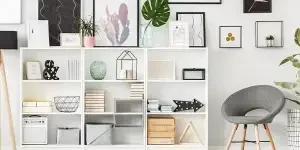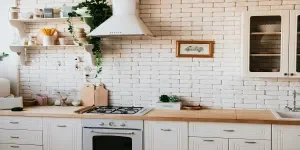Table of Contents
● Introduction
● Market overview
● Different types of clocks
● Things to consider when selecting products
● Conclusion
Introduction
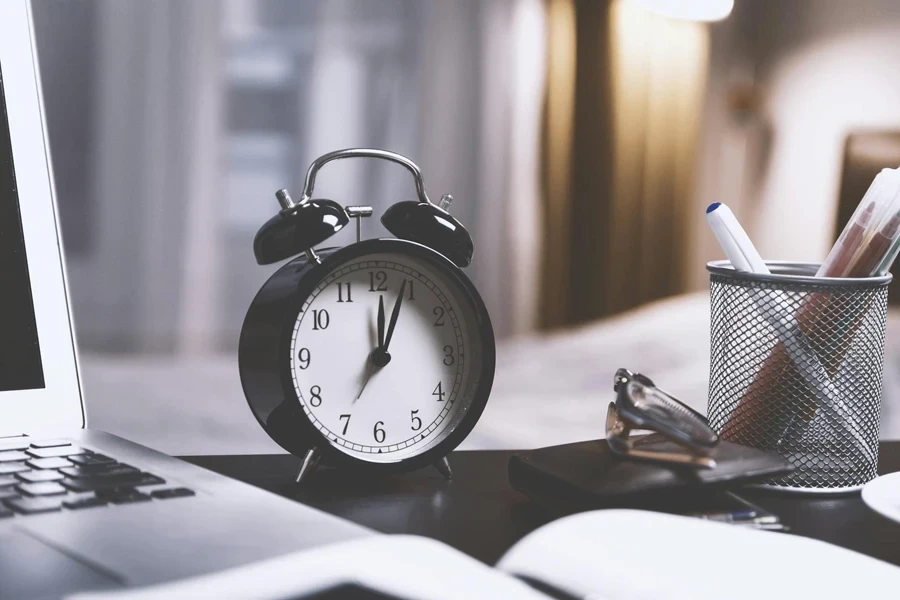
Desk and table clocks are essential elements in the home and office decor, offering both functional and aesthetic benefits. These timepieces not only help maintain punctuality but also add a touch of elegance and personality to any space. From classic antique designs to modern minimalist styles, desk and table clocks cater to diverse tastes and preferences. Their practical features, such as alarm functions and date displays, enhance their utility in everyday settings. Investing in the right desk or table clock can significantly elevate the ambiance and efficiency of any environment.
Market overview

Market scale
The global market for desk and table clocks, including electronic alarm clocks, was valued at USD 182.6 million in 2022 and is projected to reach USD 273.64 million by 2031, growing at a compound annual growth rate (CAGR) of 4.6%. This steady growth is driven by increasing urbanization, rising disposable incomes, and the continuous demand for functional yet stylish timekeeping devices in homes and offices. Technological advancements, such as the integration of digital displays and smart features, have further propelled market growth by offering enhanced convenience and functionality.
Market share
Leading market players, such as SDI Technologies, Philips Electronics, Braun, and Howard Miller, hold significant shares in the market. These companies are recognized for their innovation and good-quality products, contributing to their strong market presence. Trends such as the growing popularity of light alarm clocks, which simulate natural sunrise and provide a gentler wake-up experience, are influencing consumer preferences. Additionally, the shift towards smart wearable devices poses both a challenge and an opportunity for traditional desk and table clock manufacturers to innovate and capture evolving market demands.
Different types types of clocks
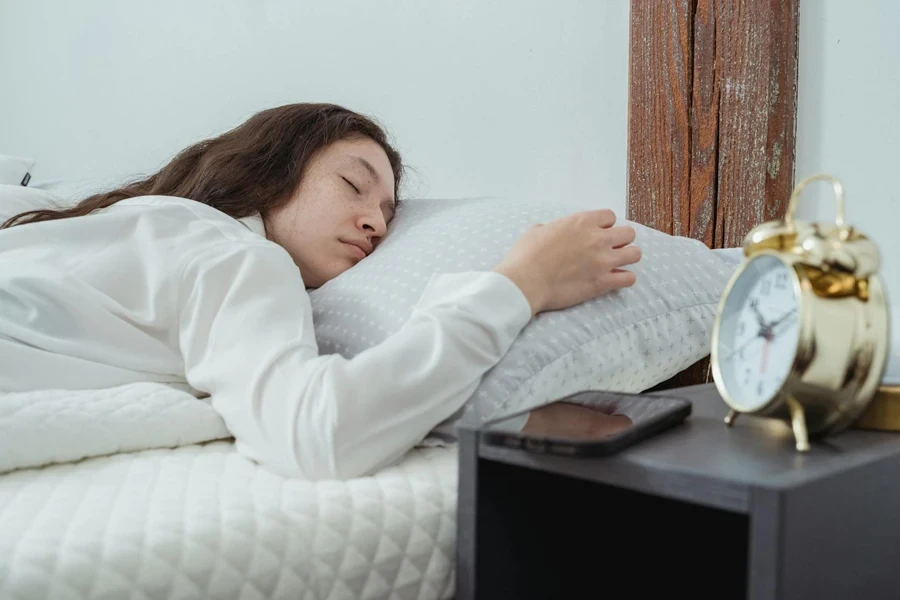
also come with chimes that strike at regular intervals, adding a traditional auditory element. These clocks are well-suited for formal settings like executive offices and study rooms, where they serve as both functional timekeepers and sophisticated decor pieces.
Modern digital clocks
Modern digital clocks are designed for convenience and precision. They usually feature LED or LCD displays that provide clear and easy-to-read time indications, even in low-light conditions. Advanced models include multiple alarm settings, built-in thermometers, humidity sensors, and even USB charging ports. Some digital clocks also have Bluetooth connectivity, allowing them to sync with other devices for enhanced functionality. These clocks often come with energy-efficient designs, using minimal power while providing accurate timekeeping. The sleek and minimalist aesthetics of digital clocks make them ideal for contemporary home and office environments.
Vintage and antique clocks
Vintage and antique clocks are prized for their historical value and unique designs. These clocks often feature mechanical movements, which can include complex mechanisms like pendulums and escapements. Materials commonly used include fine woods, brass, and intricately etched glass. Antique clocks might also have enamel dials and hand-painted decorations. The craftsmanship involved in creating these clocks is evident in their detailed construction and longevity. Collectors and enthusiasts appreciate these clocks for their ability to add a sense of history and charm to any room. They are often found in living rooms, libraries, and antique-themed spaces.
Smart clocks
Smart clocks are at the forefront of technological innovation, integrating with smart home systems to offer a range of advanced features. These clocks often include Wi-Fi and Bluetooth connectivity, allowing them to sync with smartphones and other smart devices. Features can include voice control via digital assistants like Amazon Alexa and Google Assistant, customizable alarms, weather updates, and even smart home controls. Some models have touchscreens and can display notifications, reminders, and calendar events. Smart clocks are designed for tech-savvy users looking to enhance their home automation setup with a multifunctional device.
Artisan and custom clocks
Artisan and custom clocks are unique pieces that reflect high levels of craftsmanship and personalization. These clocks are often handcrafted using premium materials such as exotic woods, metals, and bespoke glass. Customization options can include personalized engravings, unique dial designs, and custom movements tailored to specific preferences. Technical details might involve the use of precision quartz movements or even bespoke mechanical systems designed by skilled horologists. Artisan clocks often feature one-of-a-kind design elements, making them standout pieces in any setting. They are ideal for those who value individuality and exceptional craftsmanship in their home or office decor.
Things to consider when selecting products
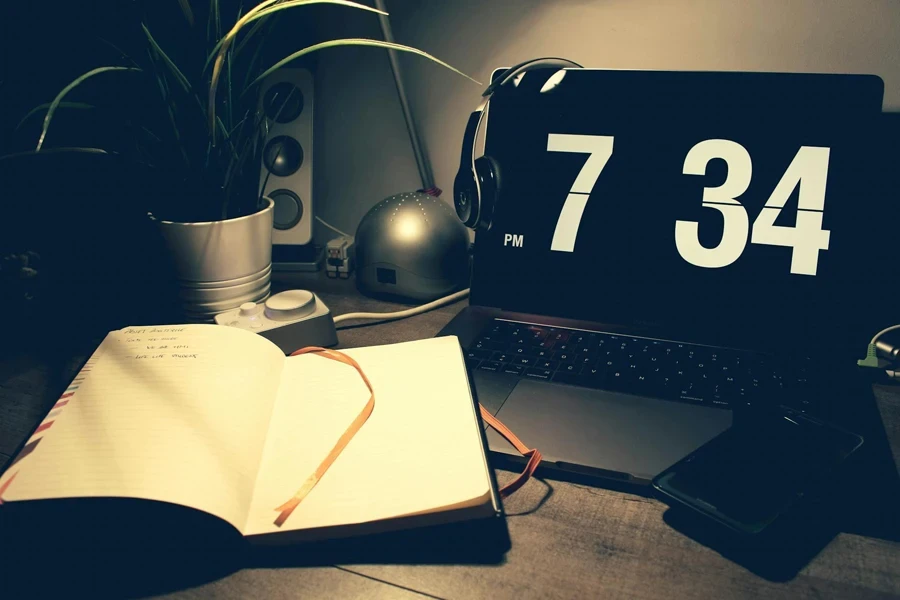
Purpose and placement
When selecting a desk or table clock, it’s crucial to analyze where it will be used and its intended purpose. Clocks for office settings should have a professional appearance and may include features like calendars and multiple time zones to assist with business tasks. For bedrooms, clocks with silent movements and gentle alarm sounds are ideal to avoid disturbance. Placement considerations also include visibility and accessibility, ensuring the clock can be easily read and adjusted from its location.
Material and durability
The materials used in the construction of a clock significantly impact its durability and aesthetic appeal. Clocks made from solid hardwoods, such as oak or mahogany, offer a classic look and long-lasting durability. Metal clocks, particularly those made from brass or stainless steel, provide a modern and robust option. For a more contemporary look, clocks with glass or acrylic elements can add elegance and sophistication. Durability also depends on the clock’s internal mechanisms, with quartz movements known for their reliability and low maintenance compared to mechanical movements, which require regular winding and servicing.
Design and aesthetics
Design and aesthetics are important factors to consider to ensure the clock complements the existing decor. Classic designs with ornate details and traditional finishes are suitable for formal settings, while sleek, minimalist designs fit well in modern spaces. Vintage and antique clocks add a touch of history and character to any room, whereas smart clocks with digital displays can enhance a tech-centric environment. The choice of color, shape, and size should harmonize with the room’s overall design theme, whether it’s rustic, industrial, or contemporary.
Features and functionality
Evaluating the essential features and functionality of a clock is key to meeting specific needs. Features such as multiple alarms, timers, and backlighting enhance usability. Smart clocks offer advanced functionalities like voice control, weather updates, and integration with home automation systems, providing added convenience. For those who prefer simplicity, analog clocks with clear dials and luminous hands may be sufficient. It is also important to consider additional features like temperature and humidity displays, which can be beneficial in certain environments.
Budget and value
Balancing cost with quality and functionality is essential when selecting a desk or table clock. High-end clocks made from premium materials and featuring advanced mechanisms may come at a higher price but offer greater durability and aesthetic appeal. On the other hand, budget-friendly options can provide reliable timekeeping and basic features without compromising on style. It’s important to assess the value offered by the clock in terms of its construction, features, and brand reputation, ensuring that the investment aligns with both personal preferences and financial constraints.
Conclusion
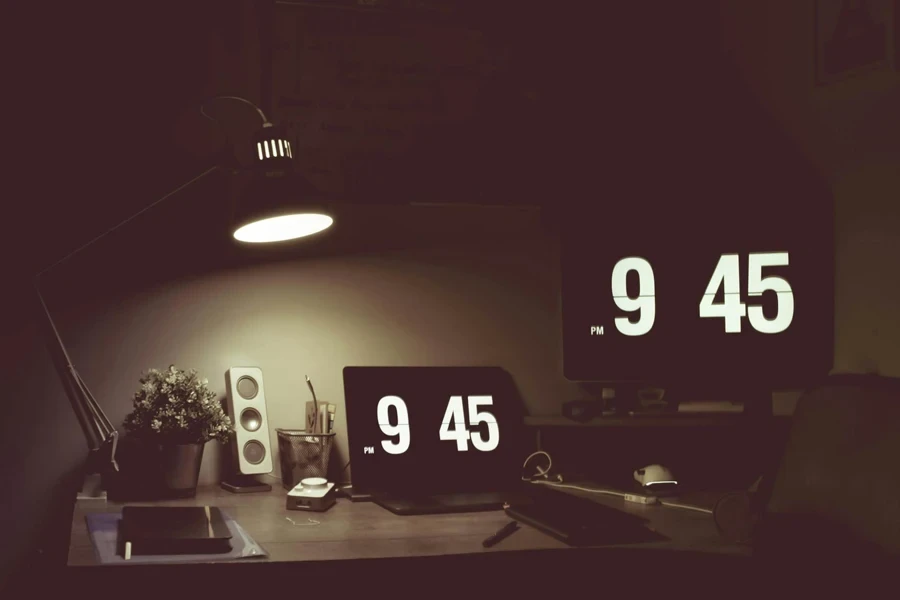
Choosing the right desk or table clock involves considering various factors, such as purpose, placement, material, design, features, and budget. Understanding the specific needs of the intended space and balancing functionality with aesthetic appeal are crucial for making an informed decision. By selecting a clock that complements the decor and meets practical requirements, businesses can enhance the overall ambiance and efficiency of their environments. Investing in a good-quality clock not only adds a stylish touch but also ensures reliable performance and long-term value.

